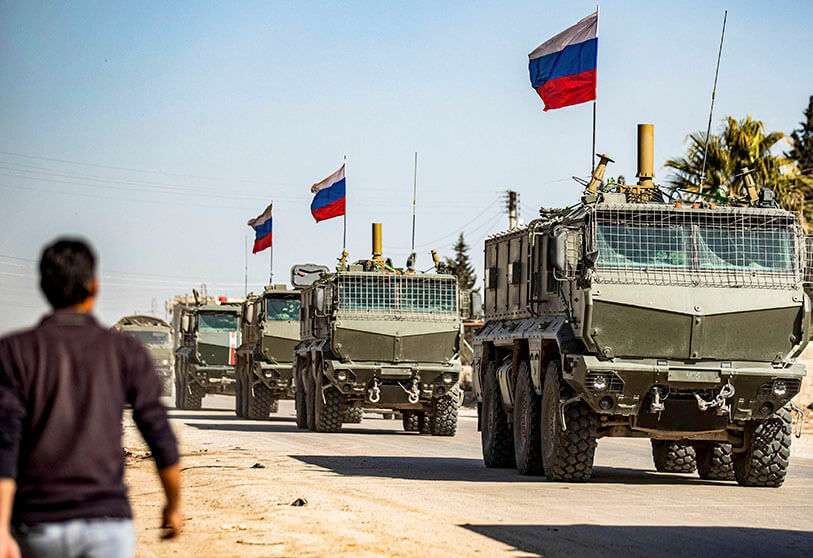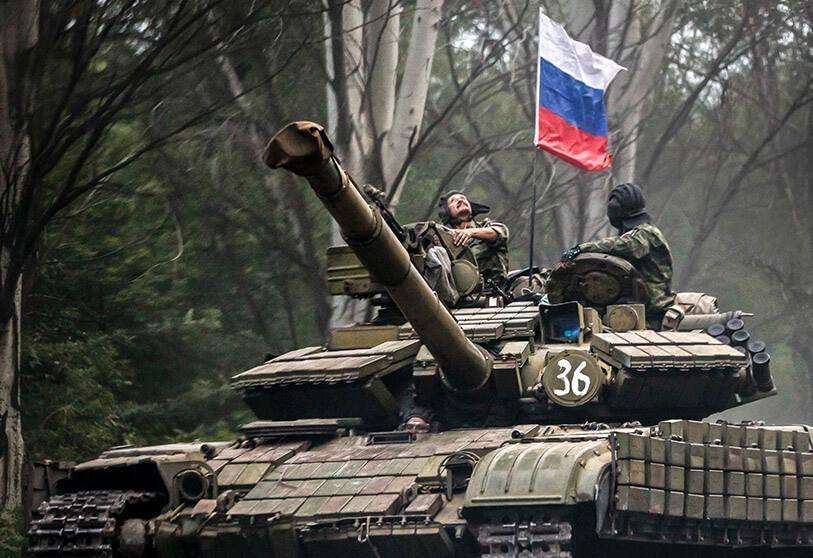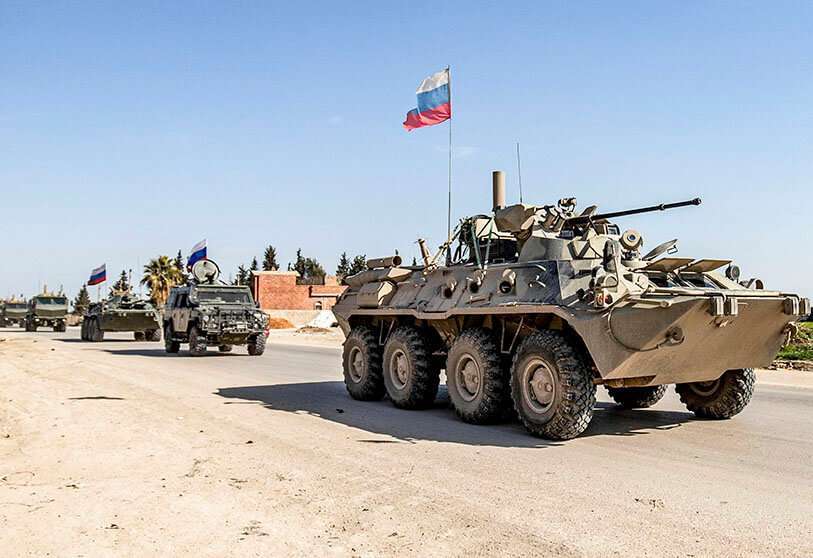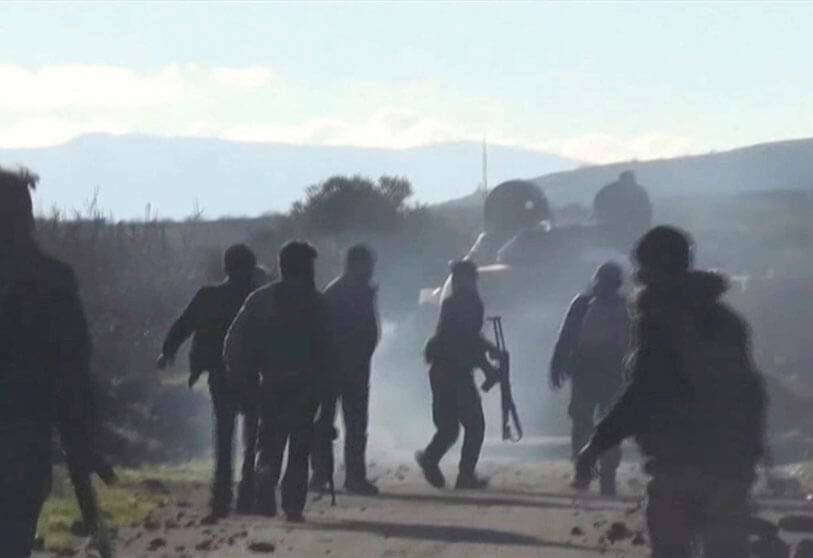Moscow's Syrian 'mercenaries' - much ado about nothing?

Since Moscow expressed a few days ago its willingness to use volunteers from the Middle East in the invasion of Ukraine, the dissemination of information about the alleged recruitment of up to 40,000 Syrian mercenaries has exploded, despite the fact that the figures do not seem realistic either logistically or militarily.
Last Friday, Russia put the number of volunteers from the Middle East willing to support it in the war at 16,000, without specifying how many of them would come from Syria, where it has been intervening militarily in favour of Damascus since 2015 and where it has a strong influence over various contingents and militias.
However, analysts consulted by Efe point out that, if soldiers are sent from Syria to Ukraine, they will not be "volunteers", but soldiers already enlisted in the Syrian Armed Forces under Russian control, or else they will be militiamen who will hardly pass as professional "soldiers of fortune".
In any case, the sources point out that there will not be many of them either, since these troops are already engaged on the front line in the Syrian civil war and are therefore not expendable.

The Syrian Observatory for Human Rights, a reputable UK-based NGO with an extensive network of partners on the ground, says that in recent weeks some 40,000 Syrian fighters from different groups have registered their names for possible dispatch to Ukrainian territory.
"The registration to go to Ukraine has not been a voluntary act, but occurred through coordinations between officers and leaders of these groups, and Russian officials at the Hmeimimim airbase (northwestern Syria)," Observatory director Rami Abdul Rahman told Efe.
According to Rami, nearly 22,000 of these candidates would travel with links to the Russian army and would be paid around 1,000 euros a month, while the remaining 18,000 would have registered through the Russian private security company Wagner.

Among the groups that have recruited 'volunteers' into their ranks, he cites pro-government militias such as Al-Qatirji, the Palestinian Liwa al-Quds and the Baath Brigade, but also prominent divisions within the structure of the Syrian army, such as the Fifth Corps and the 25th Division.
The latter, until a few years ago a militia affiliated with Syrian Air Force Intelligence, receives "support" from Russia but is part of the Syrian army, which would have to give its approval for them to travel abroad, Abdul Rahman acknowledges.
Gregory Waters, an analyst at the Middle East Institute (MEI) research centre, explained to Efe that in practice both the Fifth Corps and the 25th Division are "completely commanded" by Russia, which would make it easier to send them to Ukraine than other battalions.
Since they themselves "arm, train and command" this detachment, the Russians "would have the ability to override or temporarily suspend their contracts with Division 25 to sign contracts for Ukraine or any other overseas deployment".

However, Waters sees it impossible for Russia to spare even a few "thousands" of these troops for its operations inside Syria, as the 25th Division and Fifth Corps are "key" to its military role there.
"The Russians are not going to send a substantial portion (...) because these are the units that the Russians use to control the battlespace around Idlib, these are the units that would lead the charge of any future offensive in Idlib," the Washington-based MEI expert noted.
The northwestern province of Idlib is the last opposition stronghold in Syria.
The analyst calls the figure of 40,000 registered fighters "incredible", especially given the size of the military groups in Syria and the logistical difficulties of moving thousands of people from Syria to Ukraine.
"I would say that maybe a couple of thousand would be a realistic number of people that could actually be registered and I think the number that the Russians would actually send, if they send people to Ukraine, would be in the hundreds," he said.
In his view, this would be a limited contribution more in line with the sending of a few batches of Syrian mercenaries to Libya two years ago, and would be "more of a political thing than a military thing".

For Waters, other groups that appear likely to lend themselves to the mission are "smaller" militias themselves, such as the branches of the National Defence Forces led by Nabil Abdallah and Simon al-Wakil in two Christian villages in Hama (west).
"They might tend to send some of their fighters as a show of loyalty to the Russians (...), but these units are not very big and their men are all 20-year-old boys, village boys," the expert said.
He also sees potential interest in Liwa al-Quds, which has become closer to Russia in recent years, and in former members of the defunct Desert Hawks Brigade, whose co-founder Mohamed Jaber resides in the Crimean peninsula, illegally annexed by Russia in 2014.
"If Mohamed Jaber says 'come here', 'I will create a militia', they will go there," he concluded.









